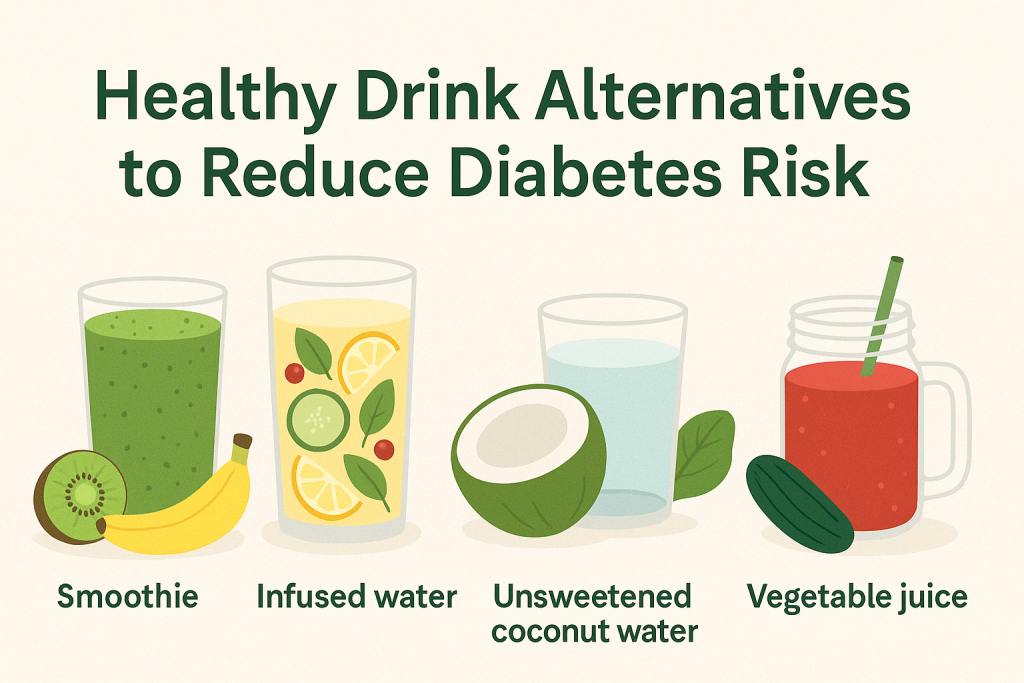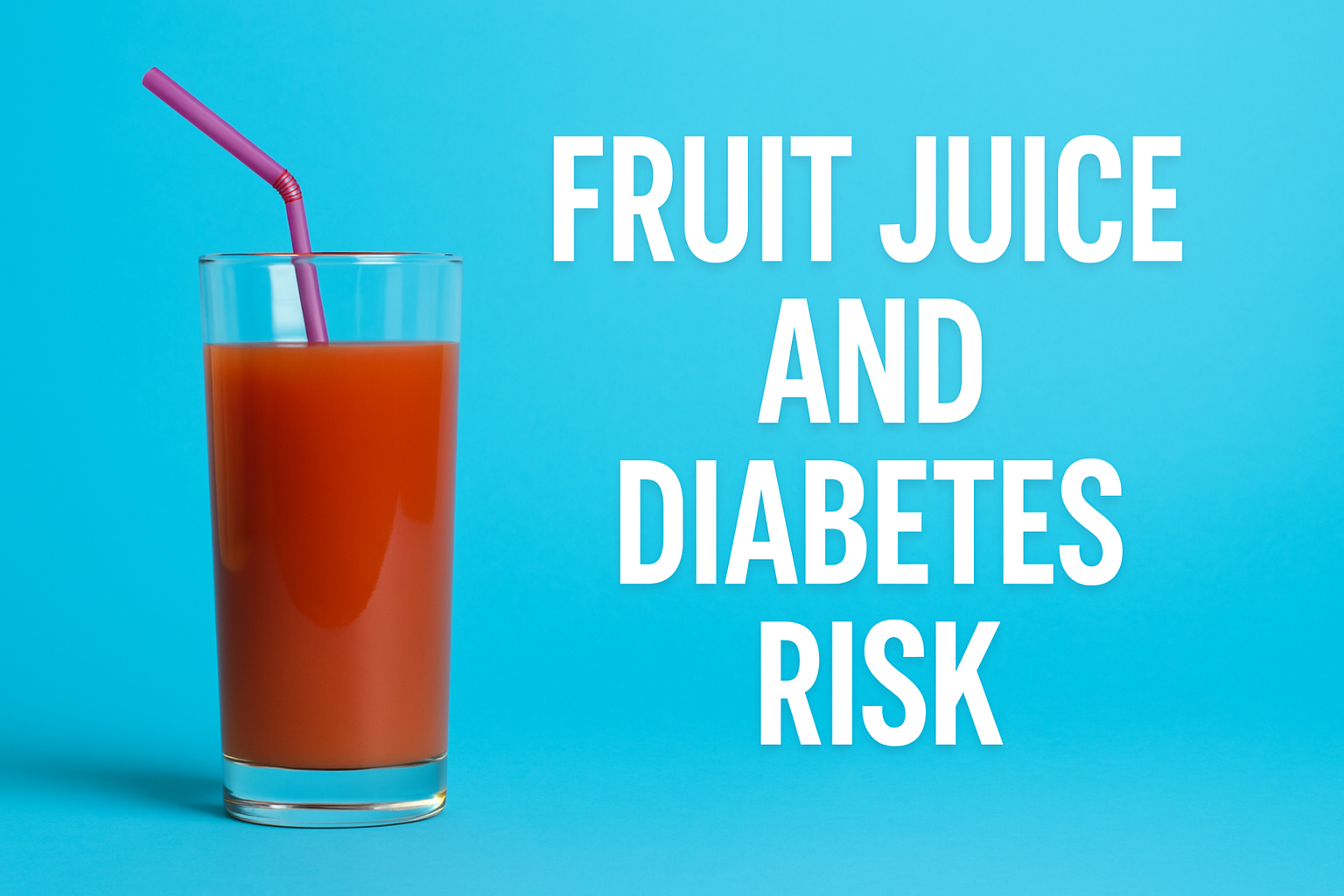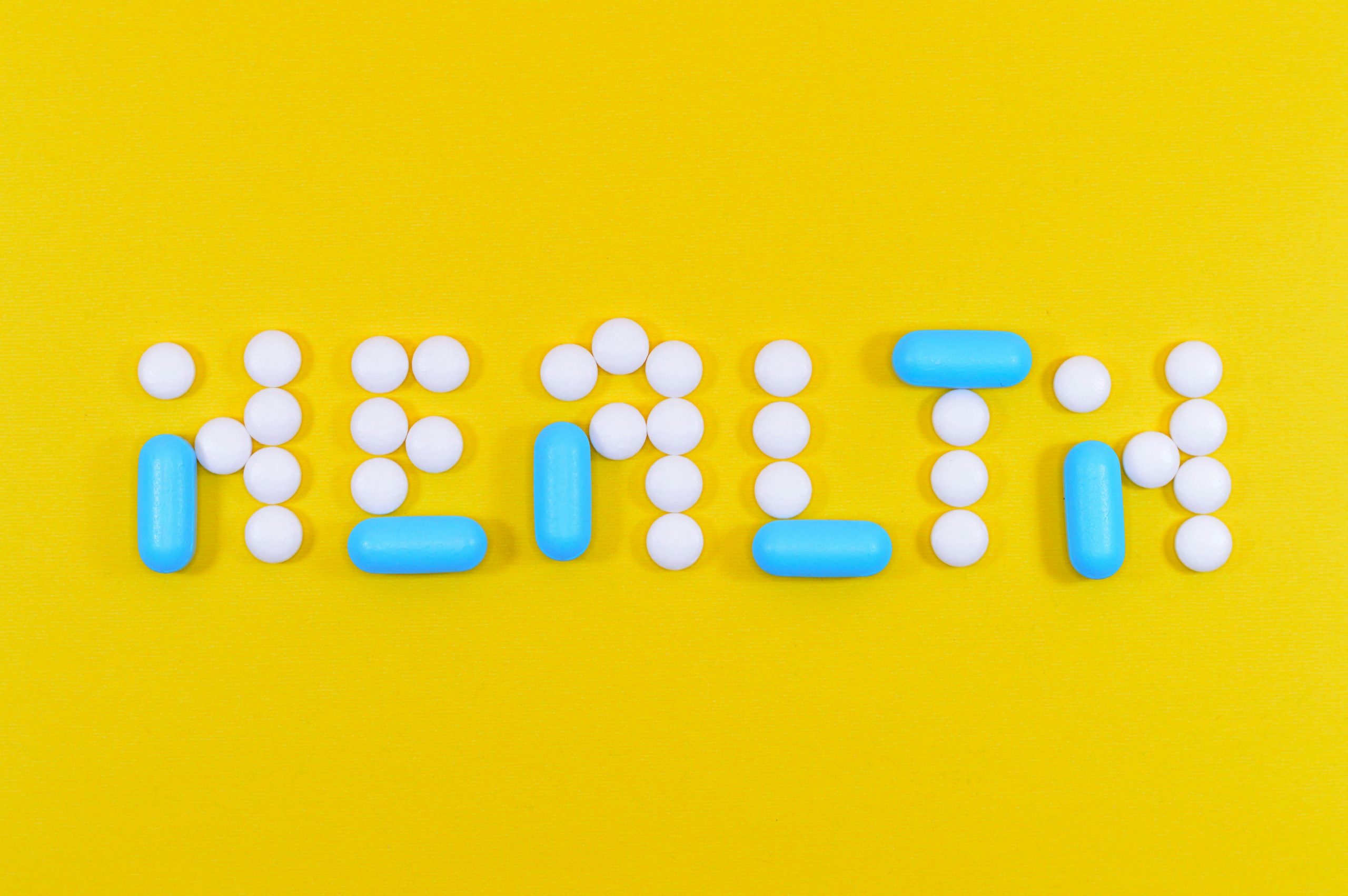Fruit juice has long been viewed as a symbol of health — a bright, refreshing way to start the day. But mounting research says otherwise. New findings from Brigham Young University and German researchers point to a dangerous connection between fruit juice and diabetes risk, especially type 2.
So, is that morning glass of OJ helping or hurting your health? Let’s break it down and look at better alternatives that actually support your blood sugar and metabolism.
🍊 The Fruit Juice Myth: Natural Doesn’t Always Mean Healthy
Fruit juice earned its healthy image because it’s derived from fruit and packed with vitamins, especially vitamin C. It’s long been a breakfast staple, found in lunchboxes, and sold at every smoothie bar.
But the truth is, most fruit juices lack fiber, which is a critical component of whole fruits. What’s left? A high dose of natural sugar in liquid form, which impacts the body much like soda.
📈 New Study Links Fruit Juice and Diabetes Risk
One of the largest global meta-analyses, led by BYU and German health institutions, analyzed data from over 500,000 people. Their goal: understand how different sugar sources impact blood sugar and diabetes development.
🧪 Key Findings:
- Each 230ml serving of fruit juice per day raised type 2 diabetes risk by 5%
- Soda was worse, increasing risk by 25% per 350ml serving
- Sugars from whole fruits and dairy showed no increased risk, and in some cases, lowered the risk
👉 Bottom line: Drinking sugar (even natural sugar) hits harder than eating it.
🚨 Why Drinking Sugar Is Riskier Than Eating It
When you drink sugar, it enters your bloodstream almost instantly, triggering a rapid spike in blood glucose. That surge overwhelms the liver and disrupts insulin sensitivity — two major red flags for type 2 diabetes.
🧃 The Problem with Juice:
- No fiber to slow digestion
- High glycemic load
- Overworks your metabolic system
On the other hand, whole fruits provide fiber, antioxidants, and slow-digesting carbs, making them far healthier for blood sugar stability.

✅ Healthy Drink Alternatives to Reduce Diabetes Risk
If you’re looking to stay hydrated and support your metabolic health, there are far better options than fruit juice. These drinks offer flavor, nutrients, and a lower glycemic impact.
🥤 Whole Fruit Smoothies with Fiber
Skip the juicer and use a blender. Combine whole fruits with their skin and pulp to retain fiber, which slows sugar absorption and supports digestion.
💡 Add chia seeds or flaxseed for healthy fats and longer satiety.
💧 Infused Water with Herbs and Fruit
Turn water into something you’ll crave by adding slices of cucumber, lemon, or berries.
✅ No blood sugar spike
✅ Zero added sugar
✅ Refreshing and hydrating
🥥 Unsweetened Coconut Water (In Moderation)
It’s low in sugar compared to juice and rich in potassium — great for hydration. But always go unsweetened, and keep servings moderate.
🥬 Vegetable-Based Juices for Blood Sugar Support
Cucumber, celery, and spinach juices are low-sugar, high-nutrient options that won’t send your glucose levels soaring.
✨ Add lemon or black salt to enhance flavor without added sugar.
🌿 Aloe Vera & Amla Juice (Diluted)
Used in traditional wellness practices, both juices support gut health and stable blood sugar — and are far gentler than fruit juice.
🧠 Final Take: Rethink That “Healthy” Drink
The research is clear — the link between fruit juice and diabetes risk isn’t a myth. While juice comes from a natural source, it’s the processing and removal of fiber that makes it dangerous to your blood sugar.
💡 Eat your fruit. Don’t drink it.
If you’re serious about health, weight loss, or reversing insulin resistance, ditch the juice and choose options that nourish — not spike — your body.




